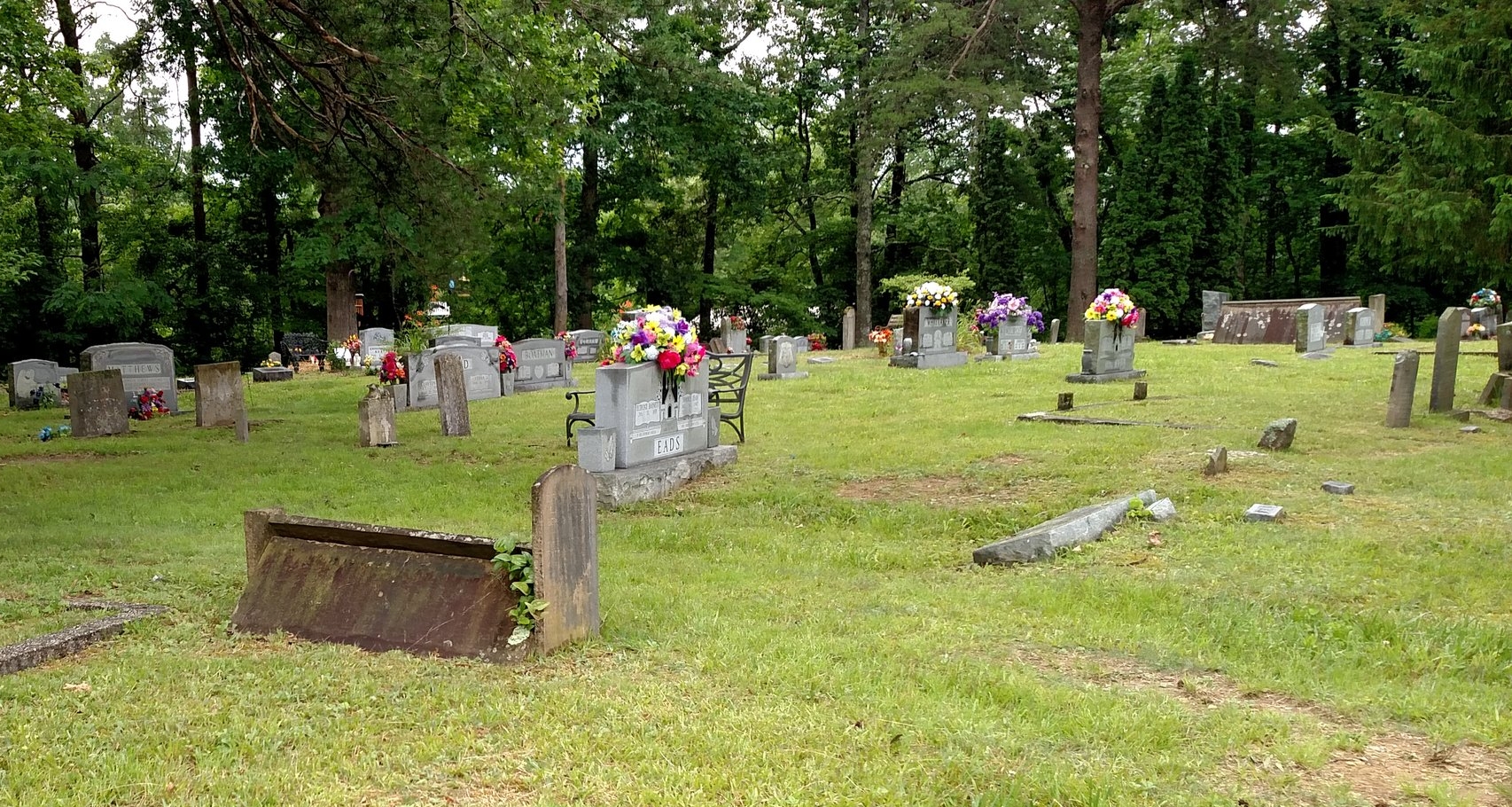The Stories Online
/
Have you ever Googled your own name made the shocking revelation that most of us have some web-presence these days? Publishers tell us authors we must have such a presence and we are always working to build our audience – after all if you’ve got a story to tell you want to tell a whole bunch of people don’t you?
While chatting with a friend recently some subject came up and I said, “Hey I wrote a blog about that”. So I whip out my handy-dandy smart phone and search “Tennessee Mountain Stories” plus the subject of the moment. What popped up was an “Interview with Beth Durham”.
Huh? What interview?
Well, I’m always talking about Tennessee Mountain Stories to pretty much anyone that will listen – and quite a few folks that tune me out. And here was someone who not only listened but took notes!
You see homework can now be found on the World Wide Web and I had in fact answered some questions for my communications-major-niece.
It’s kind of fun to read through someone else’s summary of your work and I thought you good readers might enjoy this piece as well. You can click here to see Anna Grace’s article.


![Mother_Of_John_Whittaker_Stone[1].jpeg](https://images.squarespace-cdn.com/content/v1/52463db6e4b08b502162937d/1496663192474-2S54ZWV2H8ADDG43DN4Y/Mother_Of_John_Whittaker_Stone%5B1%5D.jpeg)











